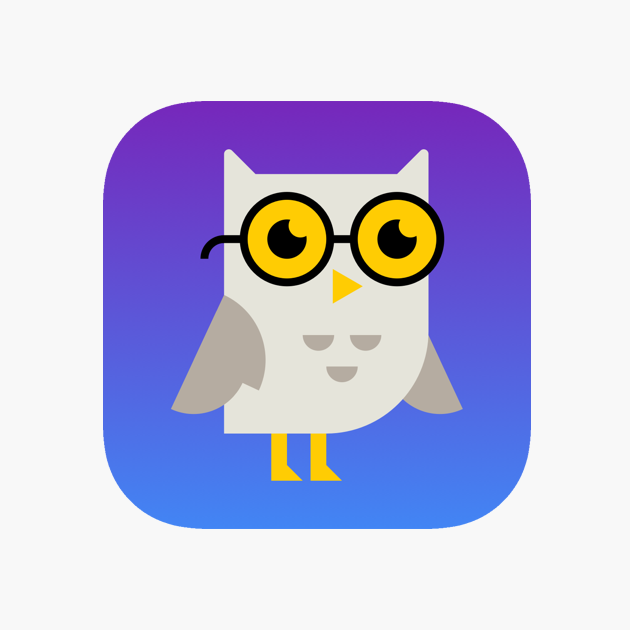
Socratic is the helper students need when they’re not connected with their teacher. This free app will answer a question that is spoken, typed, or photographed by finding online resources to help learn the answer. Aimed at high-school and post-secondary students, this app offers more refined results than a general internet search, in order to support students in their learning.
With the ever-increasing number of students who are doing their learning apart from their teachers, this app offers the help one might normally look for from a teacher, anytime, anywhere. Acquired by Google in 2018, Socratic has steadily been getting smarter, and now uses AI to analyze the question and identify its underlying concepts. Then the user is presented with a top match, explanations, Q&A, videos and web links to help answer the question.
Having worked with many students trying to search the web to find answers to their questions, I appreciate how this app can give focused results and explanations that are tailored to helping students learn.
I would really recommend the Socratic app to my students as they are always searching for answers online. This app will help them with their searching and will provide them with relevant information. While I was reading about the Socratic app, I came across alternatives to this app which might be useful for the students. I am listing few of the examples with description below:
PhotoMath App
This app helps in preparing for the test, completing the homework, solving equations and calculus problems. It has a scientific calculator, and has interactive graphics. With AI technology PhotoMath app scans the picture from the phone camera, solving and explaining math problems step-by-step.
https://www.bangkokpost.com/learning/advanced/1003265/photomath-solve-math-with-your-phone-camera
Brainly
With AI technology Brainly helps to filter and personalize the result according to the students’ needs and age. It also identifies the spam and provides reliable information to the learners.It connects the students with teachers, community experts and peers for the homework problems.
https://www.disruptordaily.com/ai-education-use-case-brainly/
Kidsense
Kidsense is an AI app which helps to translate speech to text for children. It helps the children in note taking, improving vocabulary and taking tests. It has the ability to convert the speech from even mispronounced words into text and also recognizes speech in multiple languages.
https://kidsense.ai/
Thanks for sharing these other ‘helper’ apps, Loveleen. PhotoMath looks like it would be very helpful for math students, and like Socratic, it’s free and very highly rated by users. I was interested in learning more about Kidsense, which I can see being useful for children who have language difficulties. But I wonder about the affordability of it, as it looks like it requires the purchase of a Ryobi robot for $199. This would be prohibitively expensive for many schools and families. I’m always on the lookout for free apps to help my students!
Hi Wendy,
Yes, you are correct. Looking at their website it looks like there is a cost attached with the Ryobi robot. However, parents might be willing to buy this robot as there is no screen time for children and it can be used offline too. Also, it might be helpful for ESL learners as it detects two languages spoken at the same time. Or those schools which get the funding from the government under ‘special needs program’ might purchase this tool for the students’ learning.
Hi Wendy,
Your description of this app had me searching to download it. The idea of finding an AI-facilitated search engine that can help figure out what I wish to ask is akin to having a second (and more powerful) brain.
I can see elementary level teachers and informal science instructors (such as myself) making use of this app in order to better understand and thus convey information to our students.
Thank you for sharing!
I love the way you think of this app as “a second brain”! That’s what I thought when I discovered it. So helpful not just for students, but anyone really. I’m glad you found it helpful!
Hi Wendy,
Thank you for sharing this app. I downloaded it as soon as I read this post. This is amazing. I played around with it by asking very general questions:
What is “work” in physics?
What is “tempo” in music?
How do I say “how are you?” in French?
I got really good answers, and the “explainers”are very helpful. I feel like this will help students who have trouble articulating their questions, or with math, why they keep getting the wrong answer. You mentioned use for when teachers aren’t available. There have been times when I have a busy classroom and a student has been waiting to ask a question while I am working with another student; with this, they can just ask Socratic while they wait.
I’m happy to hear you’re excited about this app! I had exactly the same thought about students in my class being able to ask Socratic rather than depending on me to answer their questions. Plus it’s always helpful to have access to a different way of explaining something.